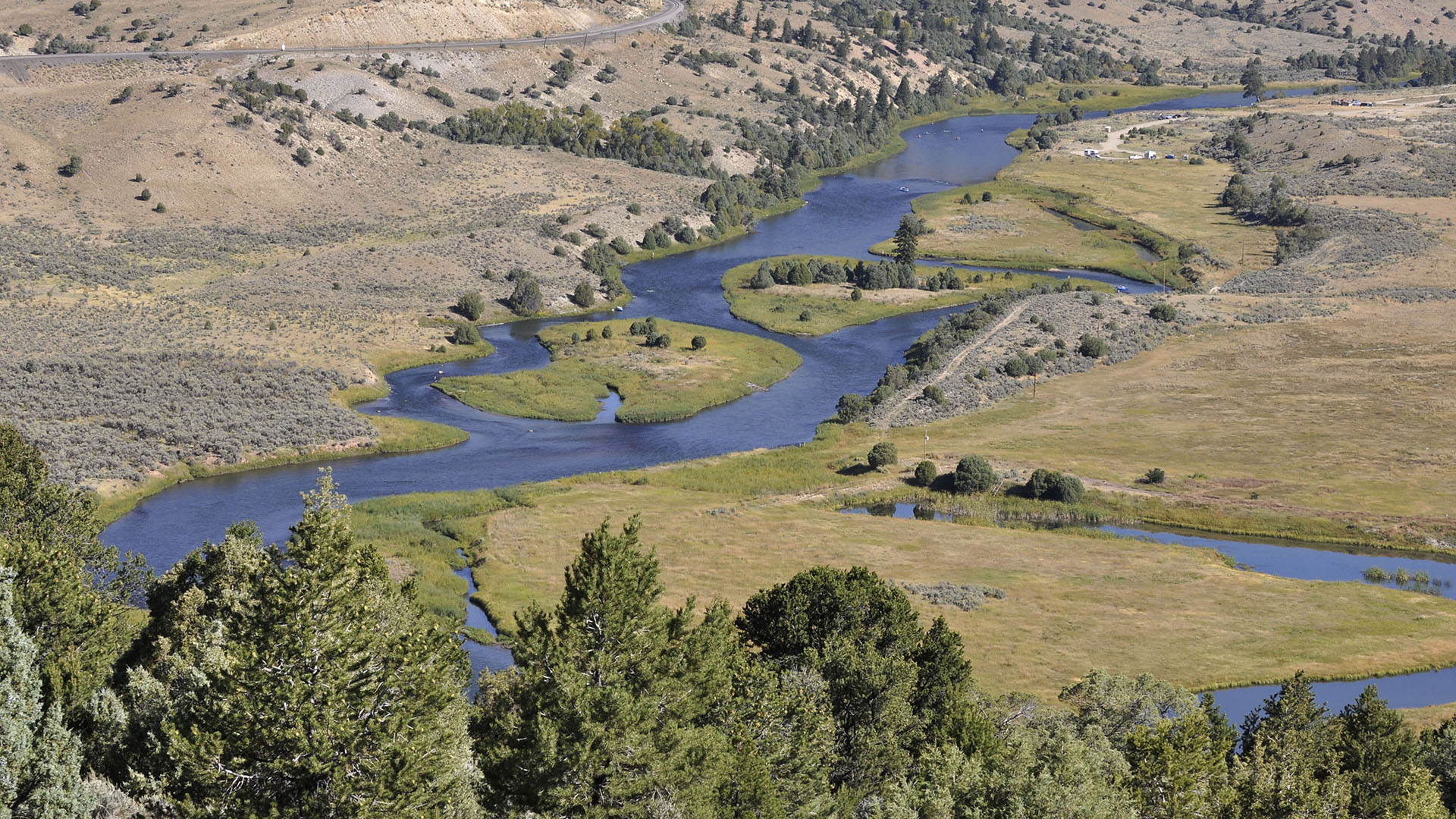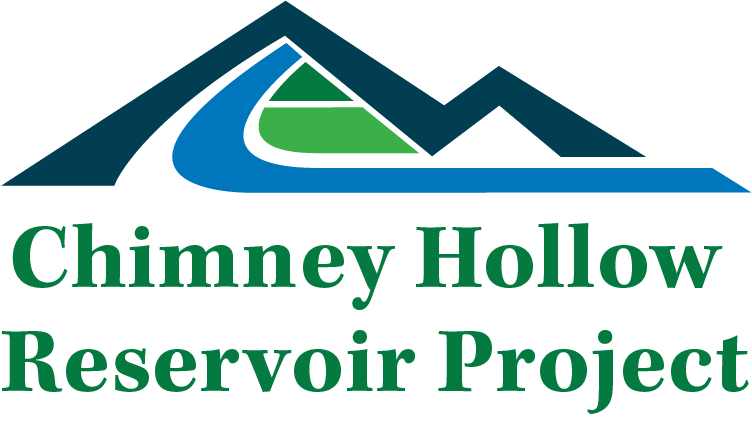Environmental
Enhancing the Environment
The Chimney Hollow Reservoir Project is located within a relatively pristine valley that has geologic wonders, sensitive vegetation communities, special status species and numerous cultural resources. Responsibly constructing, operating and maintaining a large reservoir in this setting, requires a robust environmental stewardship effort.
In addition to compliance with all applicable federal, state and local environmental laws and regulations, the Subdistrict implements environmental impact avoidance, impact minimization and enhancement measures beyond minimum requirements.
The Chimney Hollow Reservoir Project was reviewed under the federal National Environmental Policy Act. This review started in 2003. NEPA and Colorado's requirement for a plan focused on fish and wildlife are among several processes in place to identify mitigation measures that addressed the project's impacts. But the 12 municipal providers who are paying for and would benefit from the project offered measures far beyond what’s required. These enhancements go over and above what is legally required mitigation.

For nearly a decade, Windy Gap Firming Project proponents negotiated with West Slope and environmental interests to craft a plan to provide numerous environmental benefits to the Colorado River.
State biologists, Grand County officials, Trout Unlimited experts and others agree: The Chimney Hollow Reservoir Project will lead to a healthier Colorado River than we see today.
The Subdistrict has collaborated with, and will continue to collaborate with, environmental stakeholders and regulatory agencies, including but not limited to Larimer County, Colorado Parks and Wildlife, the U.S. Fish and Wildlife Service, the U.S. Army Corps of Engineers, the U.S. Bureau of Reclamation, the State Historic Preservation Office and Tribal Nations, to protect, conserve and enhance the Chimney Hollow valley environs for current and future generations.
Grand County Permit and Cooperative Agreements
At the end of 2012, Grand County issued a 1041 Permit for the project. Issuance of the permit also signaled the go-ahead for several related agreements, which were the culmination of nearly four years of cooperation, negotiation, formal reviews and public comment sessions involving the Municipal Subdistrict, Grand County, the Colorado River District, the Middle Park Water Conservancy District, the Northwest Colorado Council of Governments, and others, including Trout Unlimited.
The cooperative agreements address environmental enhancements, or voluntary benefits, the Municipal Subdistrict will provide, including:
- Stream habitat restoration
- Investigation of a channel around or through Windy Gap Reservoir and contribution of $2 million toward its construction
- Water quality studies on Grand Lake, Shadow Mountain Reservoir and Lake Granby
- Additional water supplies to Grand County
- Additional water supplies to the Middle Park Water Conservancy District
- Efforts to protect the Colorado River and enhance its habitat
- Efforts to support endangered species and recreation
- Efforts to reduce nutrients in the Colorado River and Three Lakes
Learning by Doing

More than $10 million is earmarked for Grand County Learning By Doing projects through Intergovernmental Agreements among LBD parties. Agreements with Denver Water and Northern Water's Municipal Subdistrict spell out conditions for the funding and timing through permitting and other milestones, as well as earmark funds for specific activities (stream temperature, aquatic life, riparian vegetation health, etc.). Additionally, Denver Water and the Municipal Subdistrict have agreed to release water at critical times and to allow their water collection systems to be used to benefit the environment. These and other resources bode well for keeping Grand County's home waters healthy and flowing.
2023 Learning By Doing Annual Report